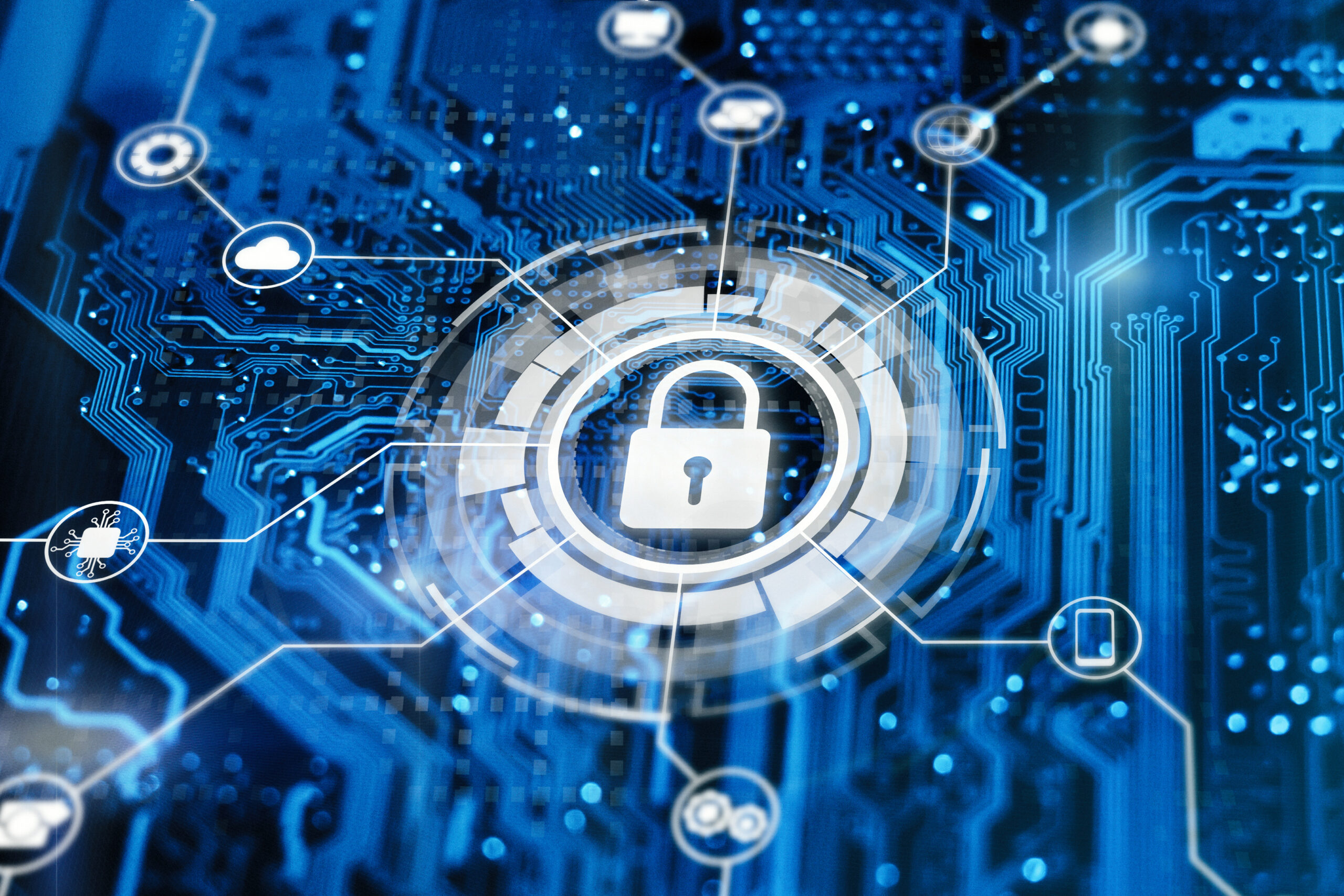
In today’s digital age, personal cybersecurity is more important than ever. The threat of cyberattacks and data breaches means that it’s crucial to take steps to protect your personal information and online presence. There are no limits to how low some criminals will stoop to steal your information, money, or identity. Here are some of the most important tips for boosting your personal cybersecurity.
Apps to Boost Privacy
A password manager is an app that stores all your passwords in one secure place. It can generate strong, unique passwords for you and automatically fill them in when you need to log in to an account. A password manager can help you manage your passwords and reduce the risk of password-related security breaches.
A burner phone app will also allow you to use an entirely separate phone number. This way, you won’t have to give out your personal phone number when completing online transactions, interacting with business associates, or in other scenarios where you just want to maintain your privacy.
Use Strong and Unique Passwords
Improve your personal cybersecurity by using strong and unique passwords. A strong password is at least eight characters long and includes a combination of upper and lowercase letters, numbers, and symbols. A unique password is different from any other password you use for other accounts. Do not use the same password for your Facebook, bank account, and electric bill — if one gets hacked, you leave yourself wide open for a pretty bad scenario.
Enable Two-Factor Authentication
Two-factor authentication is an extra layer of security that requires you to verify your identity by providing a code sent via email or text or a fingerprint scan in addition to your password. By enabling two-factor authentication, you can prevent unauthorized access to your accounts even if your password is compromised.
Keep Your Software Up-to-Date
Keeping your software up-to-date is essential for boosting your personal cybersecurity. Software updates often include patches that fix security vulnerabilities, so it’s important to install them as soon as they become available. Try to authorize automatic updates so you don’t leave yourself vulnerable.
Beware of Phishing Scams
Phishing scams are a type of online fraud that involves tricking you into providing your personal information, such as your passwords or credit card numbers. To avoid falling victim to phishing scams and keep an eye on unsolicited emails and text messages. Don’t click on links or download attachments from sources you don’t trust. When these sorts of messages come through, delete them and report them as phishing and spam.
Be Careful About What You Share Online
Another important tip for boosting your personal cybersecurity is to be careful about what you share online. Avoid posting personal information such as your home address, phone number, or social security number on public forums or social media platforms.
When using social media, review your privacy settings to ensure that only people you trust can view your posts and personal information. Be wary of geotagging your location while you are out and about — this makes you easy to find for someone who could have bad intentions.
Use a VPN
A Virtual Private Network (VPN) encrypts your internet traffic and hides your IP address, making it difficult for others to track your online activity. VPNs are especially useful when using public Wi-Fi networks, which can be vulnerable to cyberattacks. By using a VPN, you can protect your privacy and keep your personal information safe while browsing the internet.
Use Anti-Virus Software
Anti-virus software can help protect your computer and mobile devices from malware and other types of online threats. Just like your phone and computer, make sure to keep your anti-virus software up-to-date and perform regular scans to detect and remove any malicious programs.
Be Wary of Public Wi-Fi
Public Wi-Fi networks can be vulnerable to cyberattacks, so you must be cautious when using them. If you’re going to spend the morning working at your local cafe, avoid accessing sensitive information like bank accounts or personal email accounts while on public Wi-Fi networks. As a solid precaution, use a VPN to encrypt your internet traffic and protect your personal information.
Monitor Your Accounts
Regularly monitoring your accounts is an important part of personal cybersecurity. Keep an eye on your bank and credit card statements for any unusual transactions, and review your credit reports frequently to check for any unauthorized activity. By detecting and addressing any suspicious activity early on, you can minimize the damage caused by a potential data breach.
Peace of Mind in a Complex World
As more personal information is shared online, cybersecurity is more important than ever. Implementing the tips and best practices discussed in this article can help boost your personal cybersecurity and reduce the risk of cyberattacks and data breaches.
Remember, personal cybersecurity is an ongoing process, and it’s important to stay informed and proactive to keep your personal information safe. By following a few smart tips and keeping your systems updated, you can improve your personal cybersecurity and protect your personal information online from hackers and criminals with ill intentions.
Leave a Reply